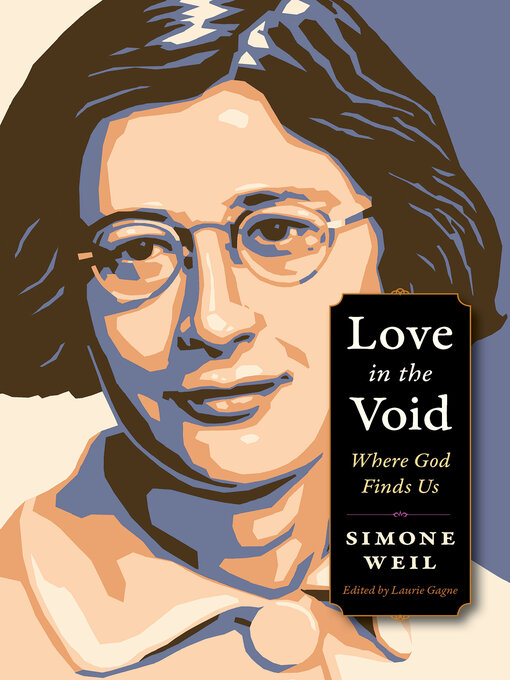- Available now
- New eBook additions
- New kids additions
- New teen additions
- Most popular
- Try something different
- See all ebooks collections
- Available now
- New audiobook additions
- New kids additions
- New teen additions
- Most popular
- Try something different
- See all audiobooks collections
- Cooking & Food
- Home & Garden
- Fashion
- News & Politics
- Sports
- Celebrity
- Business & Finance
- Science
- Kids & Teens
- See all magazines collections

